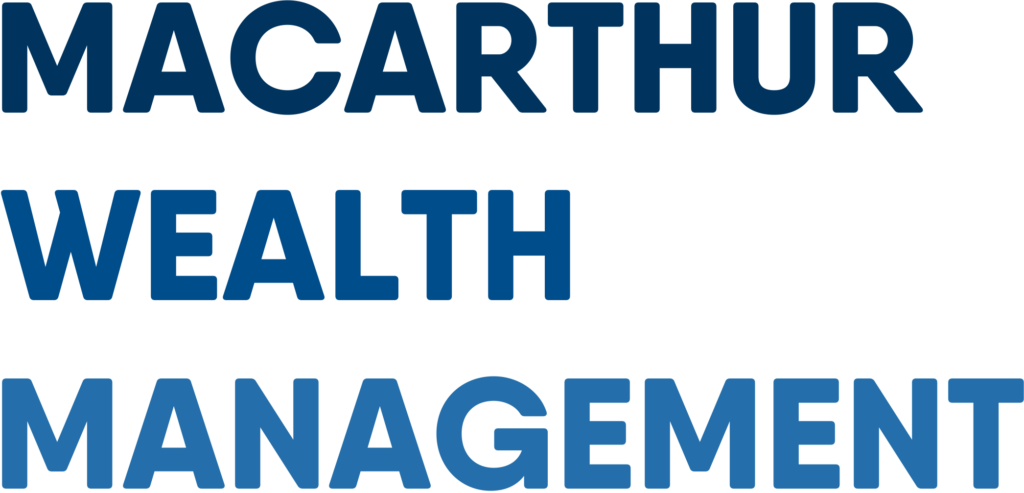Share markets retrace falls on virus concerns to finish higher
 |
| Local and global equity markets had a topsy-turvy week initially falling sharply on virus concerns before retracing those losses to finish the week higher as bad news became good news for markets on the expectation of more government and central bank support. In local stock news, Rio Tinto reported lower than expected iron ore production and shipments for its 2nd quarter. Heavy rain in WA’s Pilbara region, and coronavirus measures, limited efforts. BHP also reported a dip in quarterly iron ore production. News broke that oil and gas player Santos is pursuing an unsolicited takeover bid for rival player Oil Search. JB Hi-Fi shares rose strongly, no doubt supported by lockdown, after the company reported preliminary full year results showing sales up 12.6% and a soaring net profit. Lendlease continued to streamline their business selling its service business to Service Stream for $310 million. The property group has recently sold its engineering business and US telecommunications and energy operations. OPEC and its allies struck a deal to inject more oil into the recovering global economy, overcoming an internal split, which resulted in a strong fall in the oil price. The oil price recovered some of the fall after data showed lower than expected US inventories. The Aussie dollar fell further earlier in the week on increasing virus concerns before mounting a small recovery before the week was out. |
 |
| The evolving restrictions in NSW and VIC will lead to sizable contraction in economic growth in the 3rd quarter considering both states combined account for more than 50% of Australia’s economic output. Whilst the government’s fiscal taps have been turned back on, plenty more handouts will be required. Commonwealth Bank lending data shows a slowdown in the pace of growth in new home lending. However, lending to investors continues to accelerate as lending to first home buyers slows. The average loan size remained elevated whilst the share of fixed rate lending is relatively high. The preliminary estimate showed Australian retail trade fell by 1.8% in June coming in well below estimates, with the fall heavily affected by lockdowns in several states. Retail spending in July will be substantially weaker. The Australian national goods trade surplus hit a new peak due to demand for iron ore, with increase in exports for metals, coal, non-monetary gold and gas pushing the surplus to $13.3 billion for June. Data from the US Commerce Department showed retail sales rebounded 0.6% last month as spending shifted back to services as states are reopening at a faster pace. The European central bank left interest rates and its program of asset purchases unchanged, as expected, while tweaking its forward guidance on policy to move it in line with its newly adopted inflation target where they’d like to see inflation consistently at 2% before moving on interest rates. Banks in China kept the benchmark loan rate steady indicating that the central bank is continuing to keep policy stable despite the recent move to add liquidity to the financial system. |
 |
| On the virus/vaccine front, increased and longer restrictions look likely for NSW and other parts of Australia as case numbers rise and the vaccine drive continues, whilst ICU admissions and deaths remain low. Case numbers in the UK, USA, France and Israel continue to rise, particularly troubling authorities in the UK and Israel where the number of deaths are also rising with already high vaccination rates. In contrast, cases in the USA are rising without the same corresponding increase in deaths. There was an uptick in civil unrest across a range of countries and cities, protesting against lockdowns and vaccine passports. China has pushed back against a World Health Organisation call for another probe into the coronavirus’s origins that includes examining whether it leaked from a lab, saying there’s no evidence for the theory……hardly surprising. The Trump administration’s US-China trade deal looks to be under review by the Biden administration after the US Treasury Secretary said the deal failed to address the fundamental problems they have with China. Taiwan will set up its first office in Europe using the name “Taiwan” (who would’ve thought), a decision the US hailed as a way for the island democracy to strengthen its global presence in the face of pressure from China. Lithuania offered to host the office putting themselves in the firing line of the Chinese given their “One China” principle. Days after the European Union announced ambitious plans to tackle climate change, the French broke ranks lobbying to water them down as President Macron can’t afford to rile voters ahead of the French elections next year. He’s already under tremendous pressure following recent poor showing in regional elections and recent imposition of the very unpopular vaccine passport. |
General Advice Warning
The information provided on this website is general in nature only and does not constitute personal financial advice. The information has been prepared without taking into account your personal objectives, financial situation or needs. Before acting on any information on this website you should consider the appropriateness of the information having regard to your objectives, financial situation and needs. Before making any decision, it is important for you to consider these matters and to seek appropriate legal, tax, and other professional advice.
Disclaimer
All statements made on this website are made in good faith and we believe they are accurate and reliable. Macarthur Wealth Management does not give any warranty as to the accuracy, reliability or completeness of information that is contained in this website, except in so far as any liability under statute cannot be excluded. Macarthur Wealth Management, its directors, employees and their representatives do not accept any liability for any error or omission on this website or for any resulting loss or damage suffered by the recipient or any other person. Unless otherwise specified, copyright of information provided on this website is owned by Macarthur Wealth Management. You may not alter or modify this information in any way, including the removal of this copyright notice.



Recent Comments